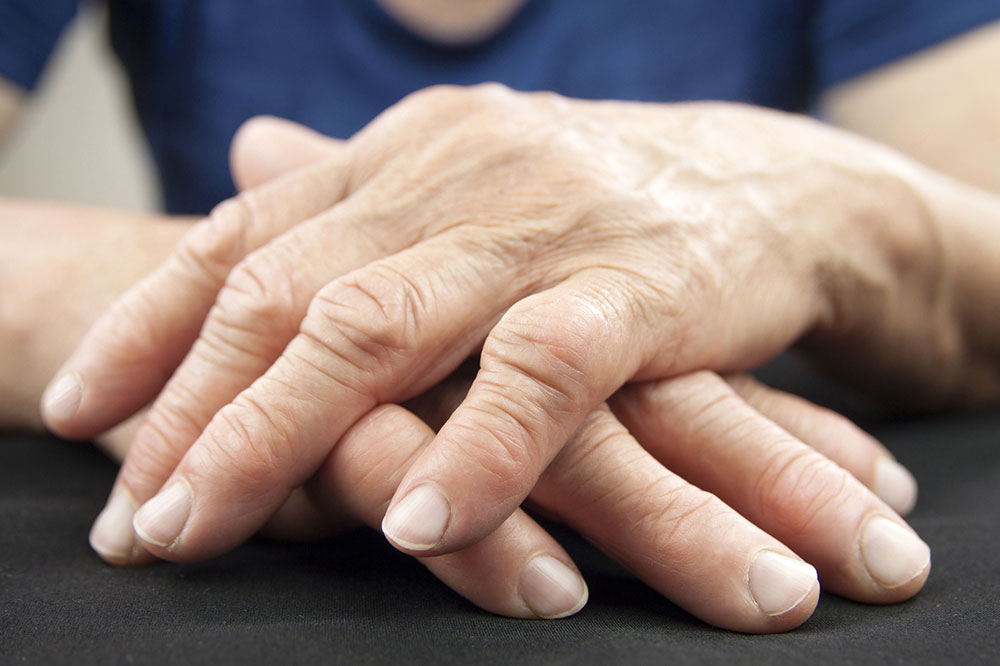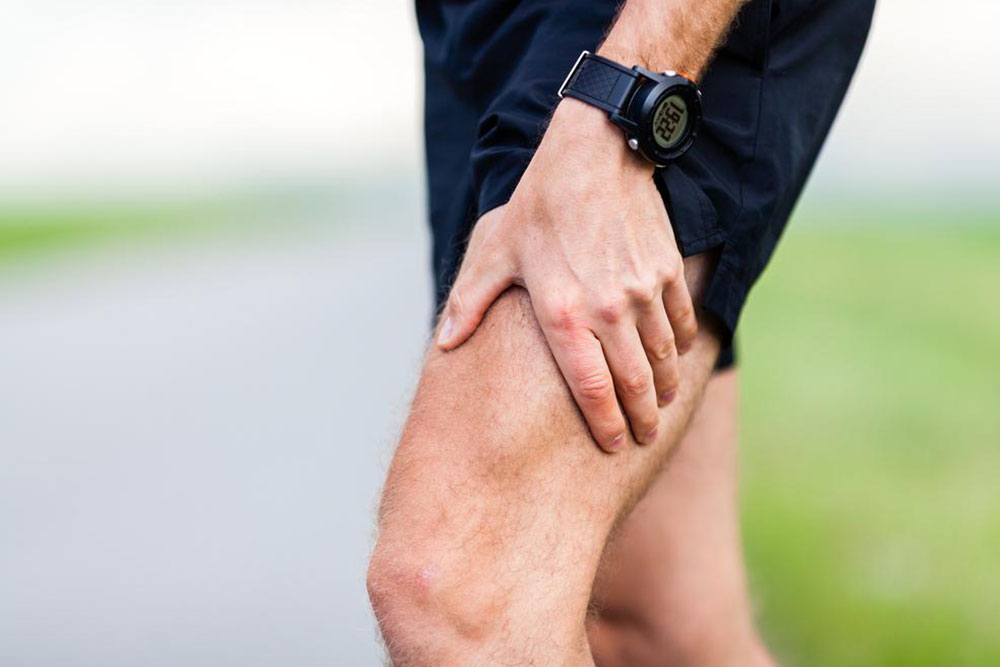Effective Strategies to Manage Arthritis Discomfort
Discover effective natural and medical strategies to alleviate arthritis pain. This guide covers types of pain, lifestyle tips, activities to avoid, preventive measures, and treatment options to improve joint health and reduce discomfort. Taking proactive steps can enhance mobility and quality of life for those affected by arthritis.
Sponsored

Arthritis is a common condition marked by joint inflammation, impacting areas like knees, elbows, and shoulders. It can cause pain and stiffness, hindering daily activities such as walking or climbing stairs. Identifying ways to ease arthritis pain is essential for maintaining quality of life.
Understanding Pain Types and Sources
Pain can be categorized into nociceptive and neuropathic types based on origin and characteristics.
Nociceptive pain arises from tissue damage or inflammation.
Nociceptors detect danger signals in your body, alerting your brain to respond.
Neuropathic pain results from nerve damage, causing persistent and sometimes unusual sensations like tingling or electric shocks.
Managing neuropathic pain can be challenging due to its resistance to conventional painkillers.
Natural Methods to Reduce Arthritis Pain
Maintaining a healthy weight decreases joint stress, alleviating pain and preventing further damage.
Regular, low-impact exercises such as walking help preserve joint flexibility.
Applying heat packs or warm compresses at night provides relief for stiff or sore joints.
Cold therapy helps reduce swelling and inflammation.
Acupuncture may help decrease joint pain and inflammation.
Practicing yoga and relaxation techniques can lower stress levels, easing pain perception.
Omega-3 supplements like fish oil may decrease joint stiffness and discomfort.
Turmeric's curcumin compound exhibits anti-inflammatory properties, potentially easing joint pain.
Activities to Avoid During Arthritis Flare-Ups
Steer clear of high-impact exercises like running, jumping, or intense tennis sessions.
Overusing medications or treatments can increase discomfort, so use them judiciously.
Do not ignore severe or persistent joint pain; timely medical attention is crucial.
Address depression, which is common among arthritis sufferers, through counseling or medication as advised by healthcare providers.
Avoid smoking, as toxins can damage joint tissues and worsen symptoms.
Negative thoughts can intensify pain; practicing positive mental health strategies is beneficial.
Preventive Measures for Arthritis Symptoms
Monitor joint health regularly, especially with advancing age.
Stay active, maintain a balanced diet low in sugar, and avoid smoking to reduce risks.
Perform hand exercises to strengthen and preserve joint function.
Early treatment can slow disease progression and reduce pain severity.
Treatments to Alleviate Joint Discomfort
Consult healthcare professionals to explore suitable management plans.
Over-the-counter pain relievers can offer temporary relief for occasional flare-ups.
Topical creams with capsaicin may help soothe aching joints.
Engage in enjoyable exercises, surround yourself with supportive people, and seek medical advice to effectively manage arthritis pain and enhance well-being.






